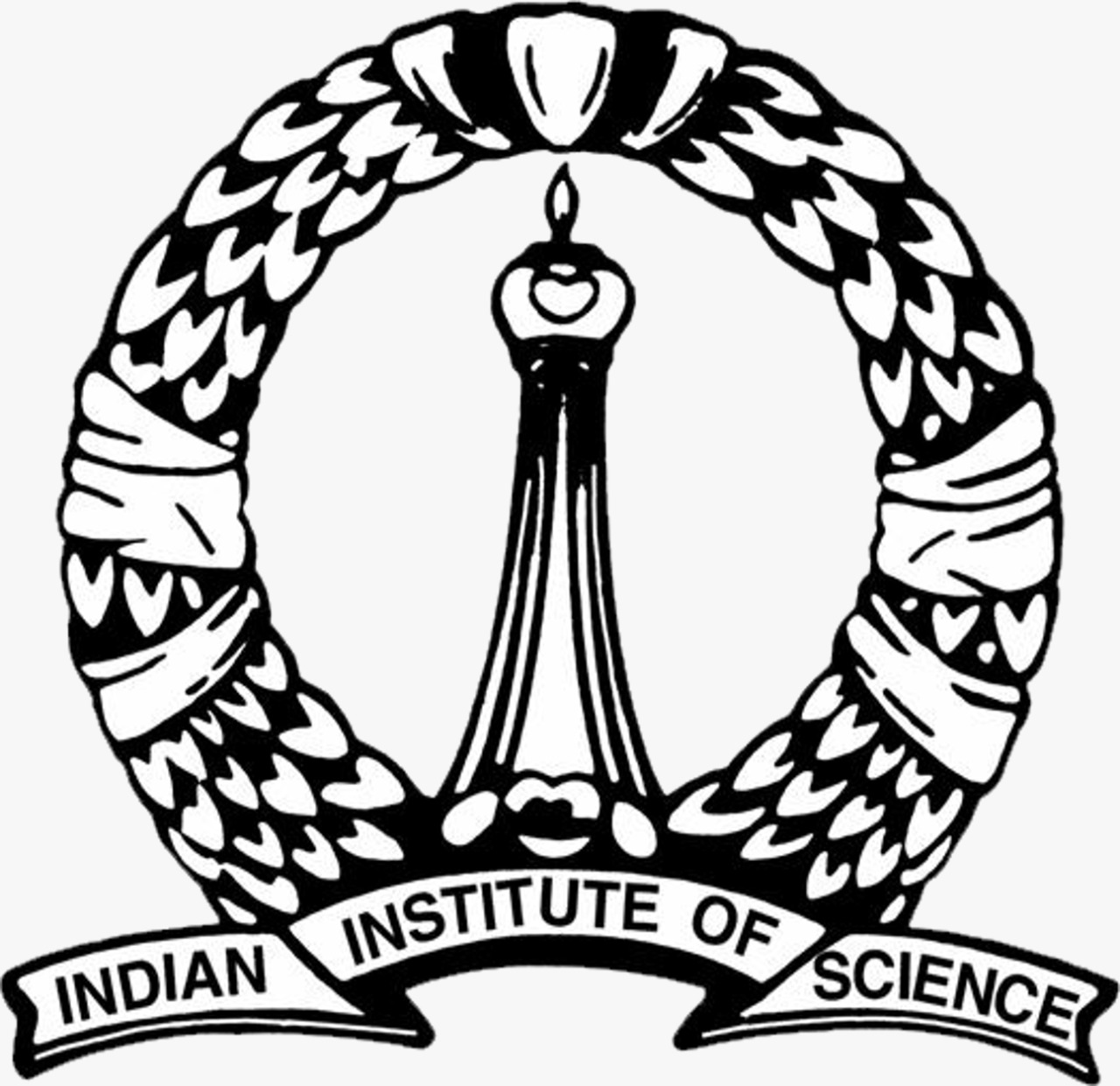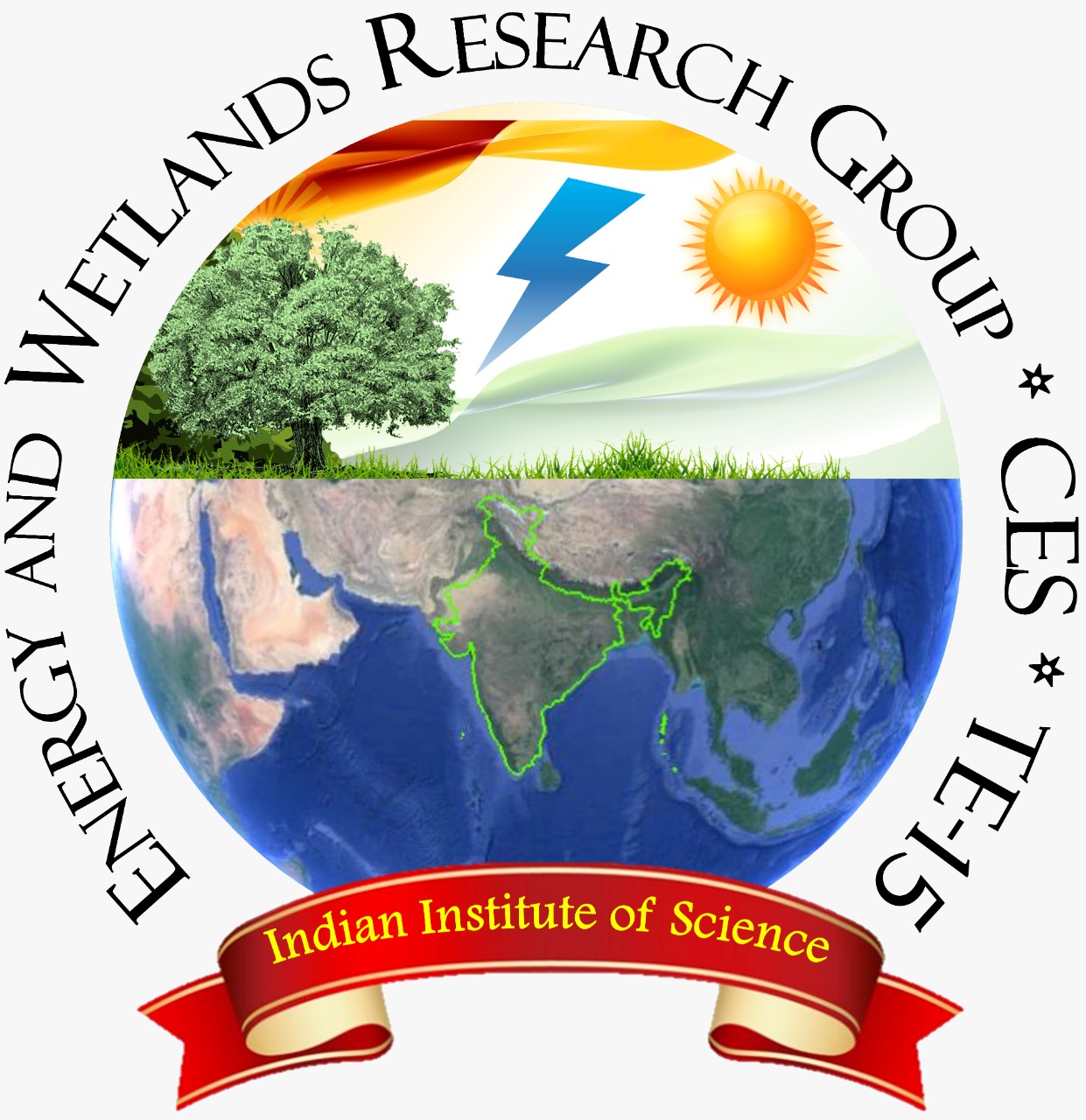V. Sincy1,4 R. Jaishanker4 K.S. Asulabha1,4 T.V. Ramachandra1,2,3,*
1 Energy and Wetlands Research Group, Centre for Ecological Sciences [CES], 2 Centre for Sustainable Technologies (astra) 3 Centre for infrastructure, Sustainable Transportation and Urban Planning [CiSTUP] Indian Institute of Science, Bangalore – 560012, India. 4Indian Institute of Information Technology and Management-Kerala (IIITM-K), Thiruvananthapuram, Kerala *Corresponding author: tvr@iisc.ac.in
Citation :V. Sincy, R. Jaishanker, K.S. Asulabha and T.V. Ramachandra,
2022. Ichthyofauna Diversity in Relation to Water Quality of Lakes of Bangalore, Karnataka,
9th Chapter, In: Shashikanth Majige (eds), Biodiversity – A Way forward, Daya publishing
House, New Delhi Pp 115-146
|
||||||||||||||||||||

